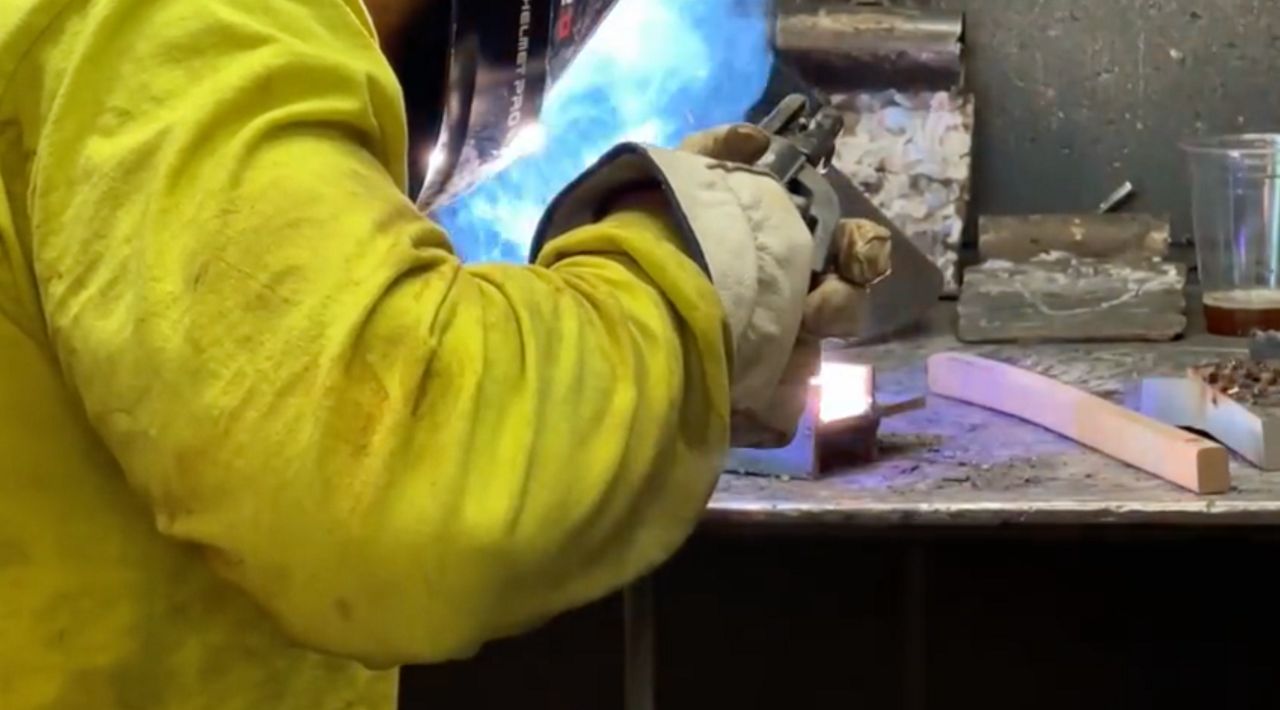MADISON, Wis. (SPECTRUM NEWS) – Earlier this week, the Superior Days Delegation traveled to Madison from northern Wisconsin with the hopes of getting lawmakers to better understand their lack of mental health resources.
Living closer to the Canadian border than your state's capital comes with some pros and cons.
Cheryl Hanson is the Family Services Manager at Bayfield County Human Services.
“I don't think people realize how far it is. We love the North. It's beautiful, but it is far.”
Hanson says the Medicaid reimbursement rate for inpatient psychiatric hospitalization is not enough.
“We try to make do with what we can, but when there are crises, especially with children, we have to go down to Eau Claire or to La Crosse or to Winnebago, and that is a minimum drive of three hours to Eau Claire and to Winnebago it's five-and-a-half, six hours,” Hanson said.
With regional hospitals struggling to keep their psychiatric inpatient units open, those living in northern Wisconsin find themselves driving farther each time one closes.
State Rep. Beth Meyers (D-Bayfield) says having fewer mental health services puts a strain on other already limited resources up north.
“One of the things we're up against with the limited mental health services in our district is when there's a younger person who needs care,” State Rep. Meyers said. “If this is happening during a crisis, oftentimes it's a police officer who is driving this younger person to the facility, which means that police officer is not on the streets back home, and once that younger person is inpatient three hours away it means their family cannot visit them either.”
The Superior Days delegation says an increase in Medicaid reimbursement rates would let providers bill at sustainable rates to keep their doors open.
Though Wisconsin is among 14 states in the nation that have not adopted Medicaid expansion, advocates say they're going to keep the conversation about mental health going.
“We need to remember that people are ill, but recovery is possible,” Hanson said. “That's the important thing. People can get better and we don't have to wait until it's a huge crisis.”








